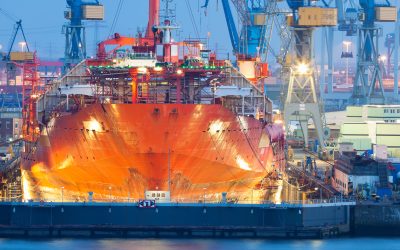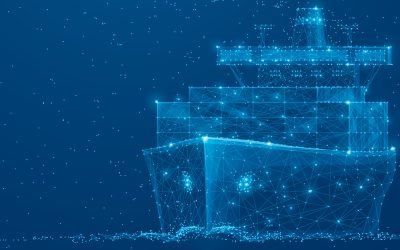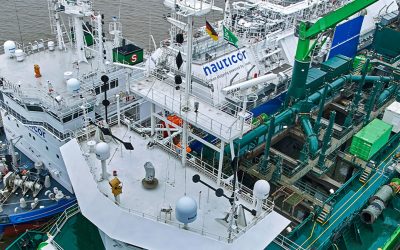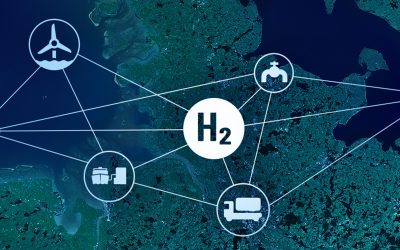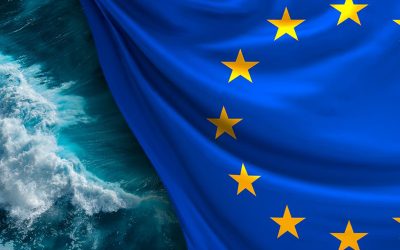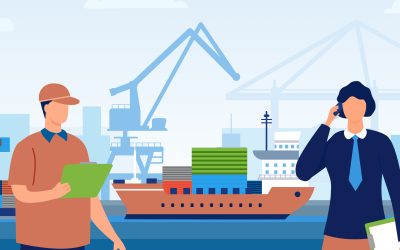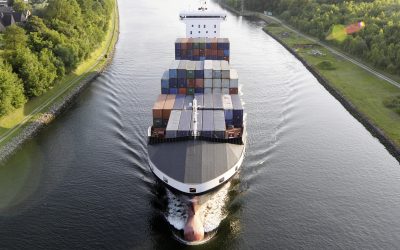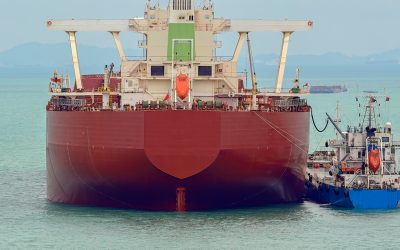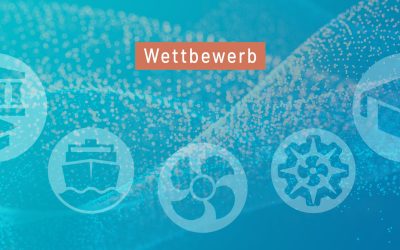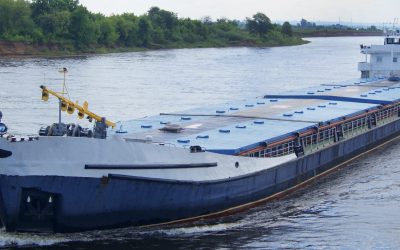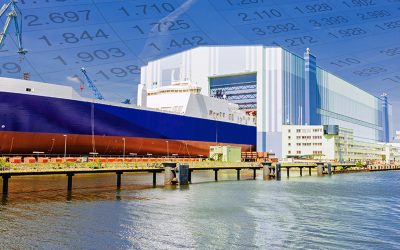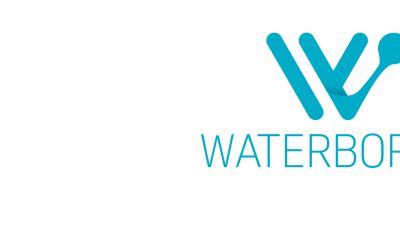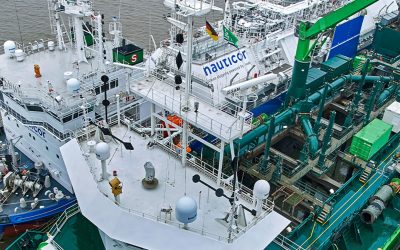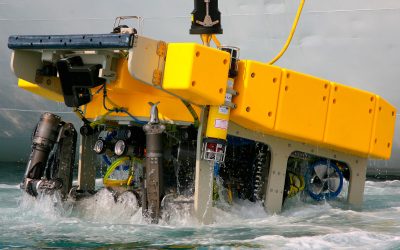
Helena Rapp
European Initiatives and Funding Programmes
Phone: +49 40 9999 698 - 76
E-Mail: Rapp[at]dmz-maritim.de
The maritime sector in Germany uses European funding programmes in addition to regional and national ones to sustainably increase its competitiveness and innovative strength. They support the transformation of the industry by providing funding, substantive impetus, market and technology exploration and initiating various cooperation opportunities at the interface of industry and science. What role do European funding programmes play specifically for maritime research and development in Germany?
Using the European Commission’s CORDIS database and other information on the publicly accessible webpages of the funded projects and actors, the German Maritime Centre has developed a data analysis tool with around 700 data sets initially, which maps the participation of the German maritime sector in funded EU projects since 2014. These are continuously supplemented with information on future EU funding. In addition to the quantitative analyses, the German Maritime Centre undertakes the necessary qualitative assessments of the efficiency of EU funding and its interlinkages with national and regional funding programmes.
For the area of research and development, the European Framework Programmes for Research and Development (FP) are of overriding importance. Quantitative analyses of the Horizon 2020 FP, which is now coming to an end, show that the programme provided a funding volume of more than 150 million euros in non-repayable grants for maritime research and development in Germany over the last seven years. The funded projects illustrate the diversity of Germany as a maritime location in many respects:
- Almost 200 actors from research, industry, science and the public sector were funded in more than 120 projects. Research institutes received the largest share of the funding (about 40%), followed by large companies (about 25%) and SMEs and scientific institutions (about 15% each). The largest recipients of funding included the Helmholtz Association, the Fraunhofer Society, MAN Energy Solutions, the German Aerospace Centre, the Hamburg Ship Model Basin, the Center of Maritime Technologies¹, the University of Bremen, Meyer Werft and Balance Technology Consulting.
- The funded projects relate to all the sub-sectors of the maritime industry: about one third of the funding went to marine technology and shipbuilding each, just under a quarter to shipping and the remaining approx. 10% to the ports and logistics sub-sector.
- Maritime research and development takes place throughout Germany: about 50% of the funding went to actors from the five northern German states, followed by about 25% for Bavaria and Baden-Württemberg. The remaining 25% was distributed among the other federal states.
- The funded projects deal with a broad range of topics such as innovative propulsion systems and alternative fuels, oceanography, polar technology, nature-based solutions for increased climate resilience, research into maritime ecosystems, new materials and coatings in shipbuilding, autonomous maritime systems, optimisation of logistics processes and monitoring of maritime transport routes.
It shows that the German maritime sector is solidly anchored in the EU funding environment for research and development and can expand this position in the next seven years in the current Horizon Europe FP. The new EU budget (the Multiannual Financial Framework for the years 2021–2027) was adopted at the beginning of the year, and the first funding calls were published a few weeks ago.
Increased funding volumes will be available within the framework of the co-programmed Zero Emission Waterborne Transport Partnership (approx. 530 million euros), the co-financed Blue Economy partnership (approx. 150 million euros) and through further calls for proposals for the working programmes of the clusters “Climate, Energy and Mobility”, “Food, Bioeconomy, Natural Resources, Agriculture and Environment” and “Digital, Industry and Space” as well as through the European Research Council and the European Innovation Council among others.
1) Since 1 March 2020, the Center of Maritime Technologies (CMT) has been part of the German Shipbuilding and Ocean Industries Association (VSM) as a gGmbH.

